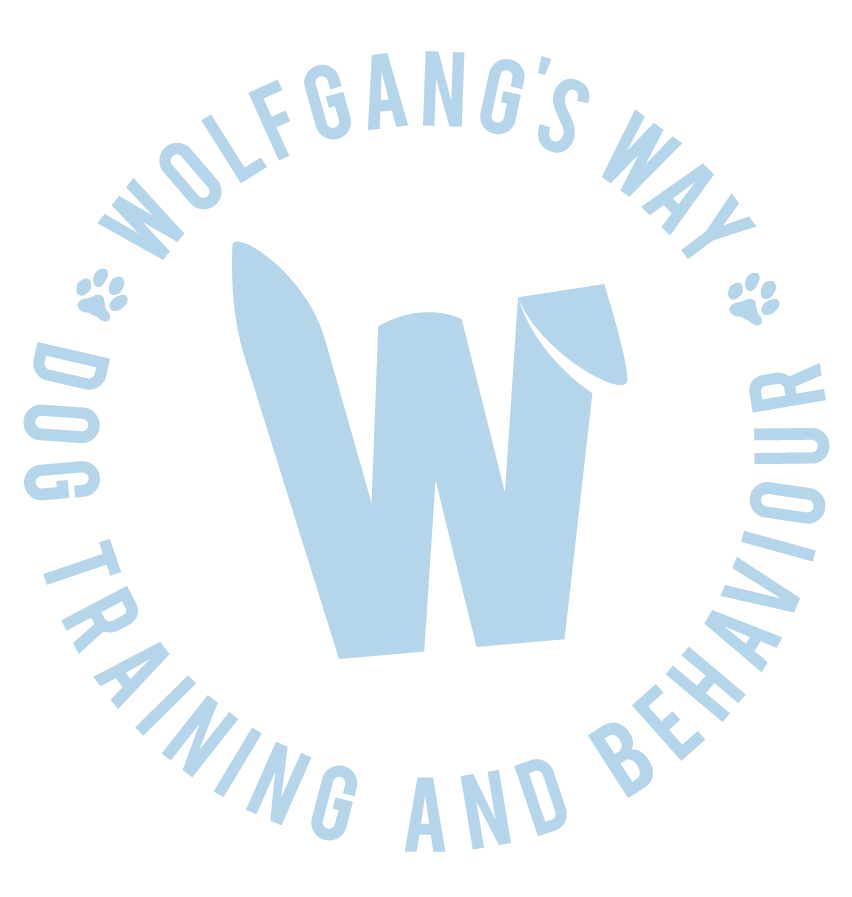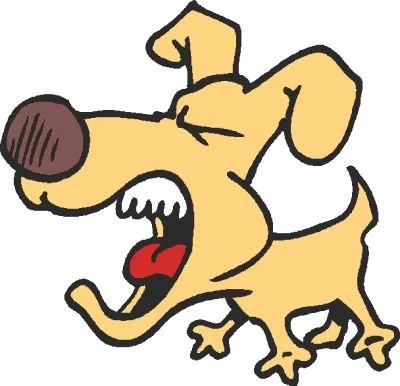Let’s face it, us humans are prone to be a little lazy (me included!) and what’s not to love about a cue that you can use in all sorts of different scenarios and for a variety of different behaviours.
Plus, we often forget our dog’s cues when we are caught up in a stressful situation, so having one or two words to fall back on will make every day management delightfully smooth.
Here is how to teach your furry friend these cues.




